What are dogs that get along with german shepherds? Many dog owners believe that the saying “the more the better” can be applied to their feelings about their pets. While one dog is fine and good, two dogs are better than one.
It’s not uncommon for a family to have a second dog.
German Shepherds are a popular breed in America, and they’re likely to be your first dog.
You’re now considering adding another dog to your German Shepherd family. Your German Shepherd is your best friend. A second dog would be a great addition to your family.
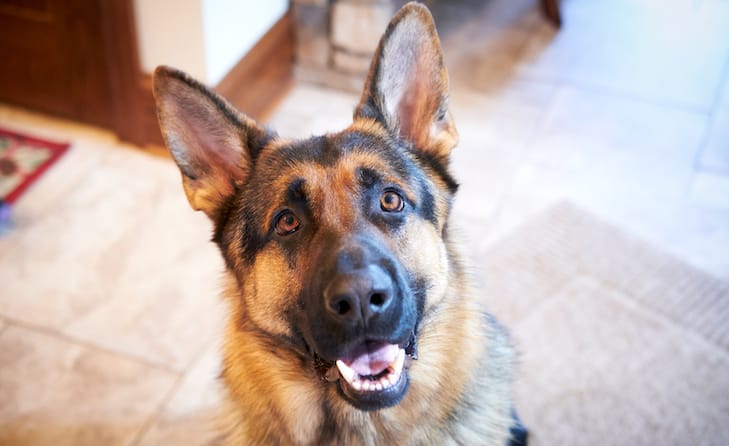
You are well aware that not all breeds can get along well. It’s not a good idea to fall in love with a dog that doesn’t get along well with your current one.
What is the best companion dog to a German Shepherd?
German Shepherds are playful, energetic, friendly, and adaptable dogs who can get along with other dogs of the same size and temperament. Belgian Malinois and Labrador Retriever are some of the most compatible companion dogs. It is better to avoid low-energy breeds such as Saint Bernards or small dogs like Chihuahuas.
Below, I have listed 10 wonderful companion dogs for German Shepherds. I will also explain what makes each one a great match.
It is important to understand the characteristics of German Shepherds and which breeds will best complement them. This will help you determine the most compatible breeds.
Top 10 German Shepherd Breeds That Are Compatible
Let’s look at the top 10 German Shepherd-friendly breeds. These breeds share most of the same behavioral traits and characteristics as German Shepherds.
Each of the listed breeds will be briefly explained by me.
1. Labrador
Your Labrador will agree with you that Labradors are great dogs and that your German shepherd will too. Labradors can get along with almost all dogs and German shepherds tend to choose Labradors to play with at the park.
Labradors may be smaller in physical size, but they are still very intelligent. They will still be able to play rough, but they are able to hold their own.
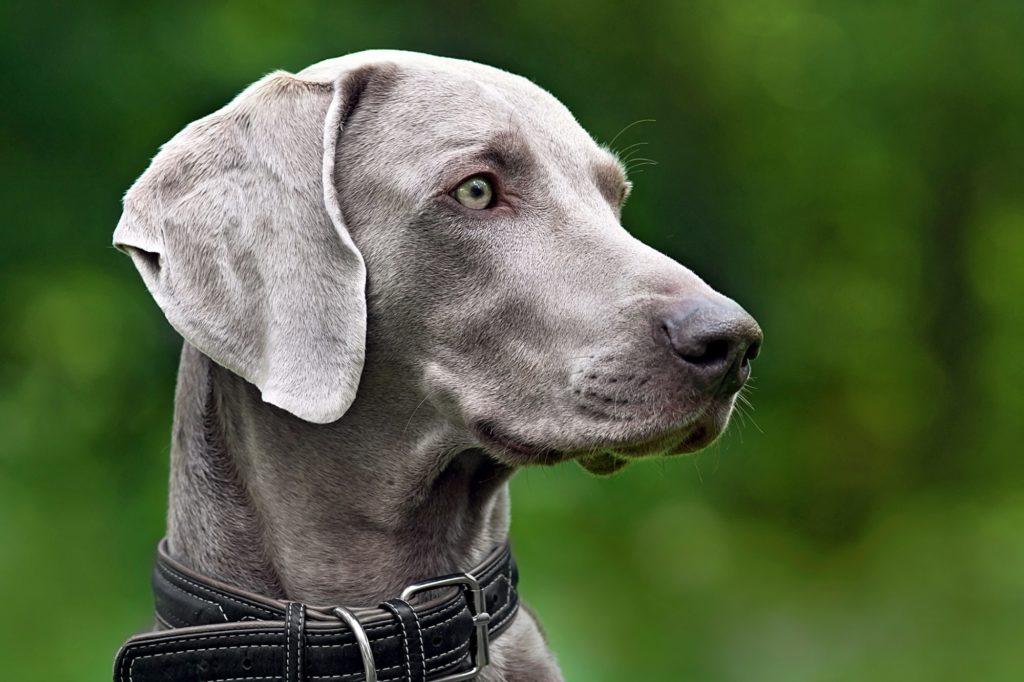
If they are given the opportunity to be active, they can be very active dogs and will be your ideal partner in exercise.
Labs are affectionate and loving. They can also be trained to obey commands. They are usually good friends.
2. Border Collie
The Border Collie is the smartest breed of German Shepherd. They have many things in common with German Shepherds, including their intelligence.
Border collies, which are energetic, active dogs, desire to play a role in the pack and follow orders. They’re reminiscent of German Shepherds. They are very loyal and affectionate, making them great family dogs.
Border collies can perform guard dog duties, which is perhaps the most notable difference to GSDs. They are great watchdogs but that’s all they do.
Overall, Border Collies are a highly recommended companion dog for German shepherds.
3. Golden Retriever
Every year, Golden Retrievers and German Shepherds vie for 2nd or 3rd place in America’s most beloved dog breed.
GSD and Golden Retriever are a well-established combination. Golden Retrievers have been great companion breeds for each other for many years.
Like Labrador, Retrievers are friendly, large, trained, and love to play. German Shepherds love their partners.
A retriever is more likely to please its owners than a German Shepherd and will often seek to be the center of attention. These two breeds are an amazing pair.
4. Siberian Huskies
This one is the best. You may have raised your eyebrows.
Huskies are in many ways very different from German Shepherds. Although they require a lot of exercises daily like GSDs they can be stubborn and difficult to train. They are also not as intelligent as your GSD. Huskies are notorious for being cunning and very “cheeky”, and without strong discipline, they will behave badly with your GSD.
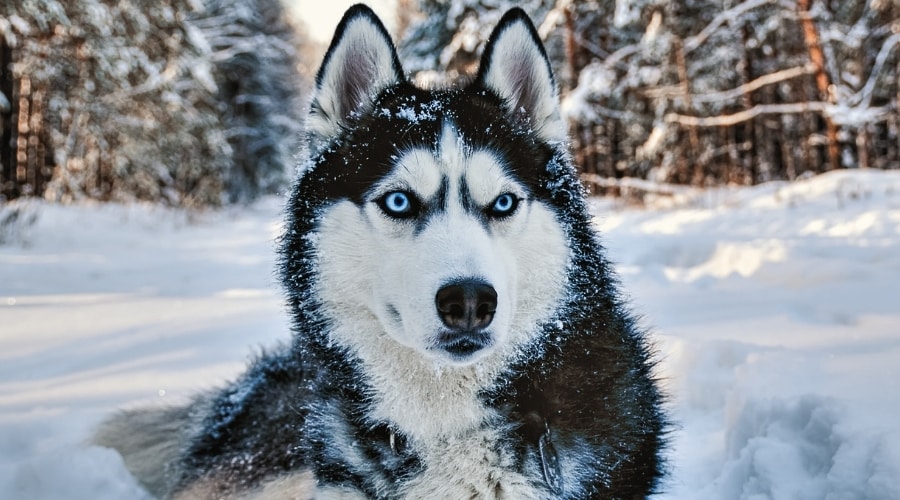
You might be wondering why they are on this list. They get along well, despite all that. Huskies are often drawn to German Shepherds for play at the parks. Their size, energy, and desire to play (and rough it) all match.
These two breeds are likely to get along well if you’re willing to put in a lot of effort.
Contrary to popular belief Siberian Huskies are not good guard dogs. They are friendly and social and can be very affectionate. With proper training and exercise, they make great family pets.
5. Australian Shepherd
Australian Shepherds make a great match for German Shepherds. GSDs and Aussies share a similar personality in that they love to exercise, work hard, and follow orders.
Aussies are rapidly becoming household pets. They are loving, affectionate, and extremely intelligent, making them great pets.
Aussies are intelligent and can learn as fast as German Shepherds if they are given training. Aussies can be known to nip, which is a result of their herding heritage. This is something you should consider.
Although Aussies aren’t great guard dogs they’re very similar to German Shepherds.
6. Standard Poodle
Poodles are energetic, large dogs who love to exercise and don’t mind getting a little dirty. Your GSD will not be kind to a poodle, but they’ll still be able to defend them.
Although poodles can be very intelligent and are easy to train, they can also be mischievous so it is important to manage this trait.
Like GSDs, Poodles can be loving and loyal and make great family pets. A standard poodle is a good fit as long as you are willing to train and exercise your dog regularly.
7. Beagles
It’s time for a smaller companion dog. Beagles have a good relationship with many German Shepherds, as I’ve spoken to many GSD owners over the years.
Beagles make a wonderful family dog, and although they can be a bit difficult to train, they are an excellent choice for anyone who is looking for a safe and happy pet.
This is because beagles need more exercise than we realize.
A beagle is a great choice for your GSD if you’re willing to put in a lot of training. It is important to assess the personality of your GSD and whether he can get along with smaller breeds at the play area or cross paths.
8. Another German Shepherd
If you’re considering getting a second German Shepherd, your current GSD won’t mind!
Although it isn’t clear if dogs can recognize their own breeds, it doesn’t matter. They make wonderful pairs because their temperaments and personalities often match.
It’s safer to get the other sex because you won’t have to deal too much with dominance and territorial issues. It is possible, but it’s not impossible. Dogs of opposite sexes will often get along better.
German Shepherds make a great match physically, but they are also a good match temperamentally.
You can be pretty certain that two German Shepherds will have the same energy level and playfulness as one another.
We also know that German Shepherds can be trained and are very loyal dogs. Two dogs who obey you will be more likely to get along. If they fight, you will be able to end it quicker.
German Shepherds are a great match for another German Shepherd if they meet all the criteria. German Shepherds can be a bit aloof towards other dogs.
They are a perfect match in many other aspects. It should not be a problem to overcome this issue by following the tips I will give you later in this article.
9. Dalmatian
A Dalmatian might not work well with your GSD if he is a calm, quiet dog who enjoys his time alone.
Dalmatians are one breed that requires the same or even more exercise as a German Shepherd. If your GSD has a strong desire for play, he will be able to handle Dals.
Your GSD is more stubborn than the Dalmatian, so they will be a little bit harder to train. Your GSD’s good qualities will likely be passed on to your Dalmatian.
Dalmatians are great family pets. They are friendly and loving. Your household will be safe and secure if you have a German Shepherd companion.
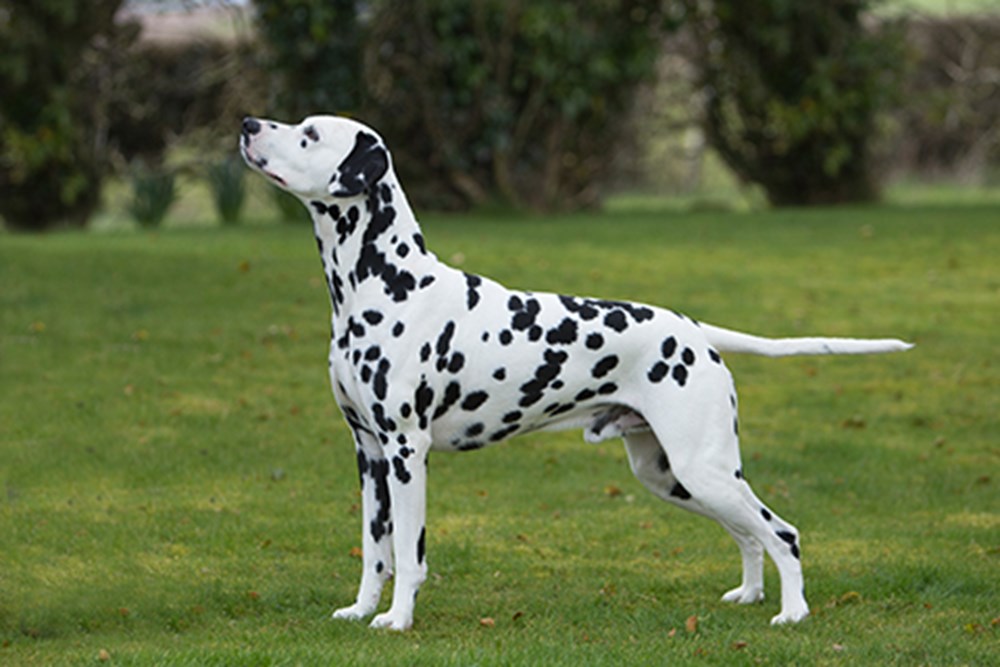
Although Dobermans aren’t as popular as Labrador Retrievers and German Shepherds, they have been consistently in the top-20 for many years. Dobermans are loving, affectionate dog that is great with children. This is similar to German Shepherds.
Dobermans are also like German Shepherds in that they only get a 3/5 rating because of their ability to interact with other dogs.
They are a 5/5 breed for energy and trainability. However, they have 4/5 ratings for playfulness and adaptability.
This information suggests that Dobermans can easily match the energy of a German Shepherd and should share a similar desire to play.
They will be easy to train, adapt to different situations and be easy to manage. This will help you avoid conflicts between your dogs, especially if they aren’t best friends straight away.
Dobermans make great companions for German Shepherds. They are slightly larger than Shepherds, with males often weighing in at over 100 pounds and standing 28 inches high.
They won’t be pushovers for your German Shepherd’s rough play style. This makes them an excellent match for the playful play that German Shepherds are known to love.
10. Portuguese Water Dog
Portuguese water dogs are smart and big. They love exercise, playtime, and downtime. These water dogs make a great match for most German Shepherds.
Portuguese water dogs are social and enjoy human company.
GSDs are intelligent and need a lot of mental stimulation. It’s essential to keep them engaged in training and playing interesting games. You probably do this already for your GSD so it works just fine.
A PWD is a great choice if you are looking for a second dog who won’t shed as much hair as your GSD. This breed is known for its thick curls but it sheds very rarely and needs minimal grooming.
Can German Shepherds Get Along With Other Dogs?
It does differ from one breed to another, from animal to animal and dog to dog. As with any other person, it’s not guaranteed that a German Shepherd will get along well with others.
Let’s start by defining what a German Shepherd actually is. German Shepherds are a breed that is designed to shepherd sheep. They are hyperactive, fast, and eager to play. This breed is great if you enjoy being outside and are very energetic.
Keep in mind that a German Shepherd’s temperament is dependent on its line. If the line has had a history of angry puppies, it is likely that the next generation will have anger issues.
You might consider a long-haired or solid-white German Shepherd if you are looking for a gentle, easy-going German Shepherd.
Let’s now discuss how to get along with other dogs. German Shepherds are generally good with other dogs and animals, as long as they spend time with them or grow up with them.
Some German Shepherds can be aggressive towards dogs of the same gender, according to some reports.
I.E. Boys will roughhouse.
It is possible for them to get along as long as there are no other dominant dogs. Be aware of the German Shepherd’s temperament and lineage. Some dogs may get along better with other dogs.
If this happens, the dog’s owner is responsible for it. It might be necessary to train your dog.
There are some breeds that Shepherds do not get along with. Most of these breeds require their eyes to be covered. English Sheepdog, Bouviers serve as examples. It’s possible to get along with a puppy if they are introduced young.
Are Small Dogs able to live with German Shepherds?
German Shepherds Owner warns owners to be careful when keeping a German Shepherd with a small dog.
A Shepherd’s prey drive can be easily triggered by the presence of small dogs.
A German Shepherd must have been raised around small dogs since they were puppies to get the best results. It is difficult for them to adapt if they are not.
Many German Shepherd Dogs exhibit dominant natures. This can easily manifest around smaller breeds such as terriers and Dachshunds.
Dominance can be a problem as it indicates that the dog does not respect you.
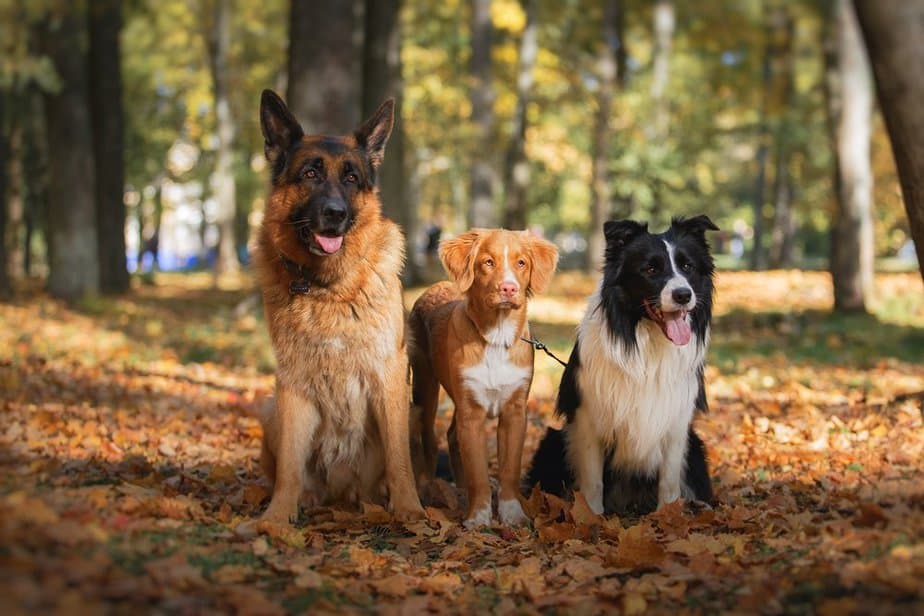
A second problem is the fear of aggression that smaller breeds have and their inability to perceive their size.
A small dog that acts out against a larger dog could have tragic or painful consequences.
This video shows two German Shepherds and a Chihuahua together. It’s clear why it is important to supervise these dogs, as they are so different in size.
GSDs can live with smaller dogs if they are older. Training your dog as young as possible will make a big difference.
It is possible for older dogs to become comfortable with a smaller dog. However, consistent training is important to ensure the best results.
To ensure peace, you may need to take some steps like separating the dogs if necessary.
German Shepherds and small dogs of easygoing temperament can co-exist with training and socialization.
A separation is an option when dogs are not under your supervision.
What are German Shepherds like?
Before we can discuss compatibility, it is important to identify common traits between German Shepherds. This will help us determine the traits that will best complement the German Shepherd’s nature.
Physicality
German Shepherds are medium-sized dogs, standing between 22 and 26 inches at the shoulders. Females can weigh between 50 and 70 pounds while males can reach 90 pounds.
German Shepherds are muscular and lean. Because many German Shepherds are required to excel in athleticism and physicality, they are built for endurance. These traits make German Shepherds great at all kinds of physical tasks, from agility competitions to search-and-rescue operations.
Highly Intelligent
Stanley Coren, a psychologist, published “The Intelligence of Dogs” in 1994. This book featured extensive research that helped to rank various dog breeds according to intelligence.
Coren’s testing of German Shepherds was a success, placing third among more than 100 breeds.
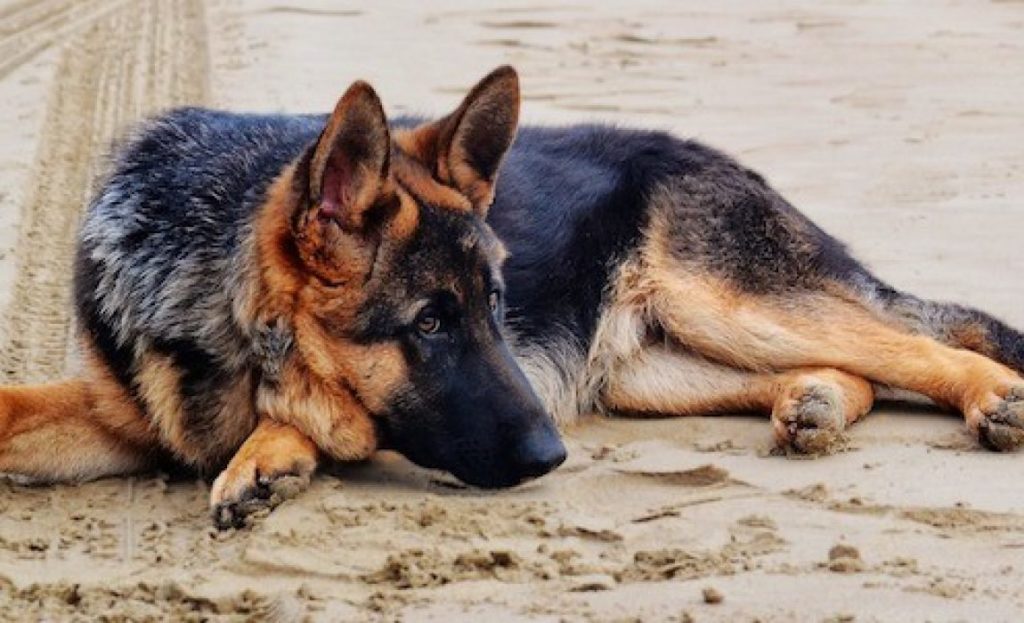
This earned the German Shepherd a place in the “Brightest Dogs” category. It means that the breed can learn new commands with less than five repetitions, and obeys the first command at least 95% of all times.
All this is to say that German Shepherds can be extremely intelligent. This is why the German Shepherd performs well in a variety of jobs. Few breeds are as successful in so many careers as the German Shepherd.
Flexible
German Shepherds excel in a wide range of situations because of their adaptability. The AKC gives them a 5/5 rating for adaptability.
German Shepherds are able to handle major changes, such as the addition of a dog to their family.
Protect Your Family and Be Wary of Strangers
German Shepherds get 5/5 when it comes to being protective of their family members and wary towards strangers. They are very protective of their family members and do not like strangers.
When you bring your new dog home, make sure that they don’t see them as a threat. You might find your German Shepherd aggressive, if they do, it could be part of their protective instinct.
Be aware that German Shepherds are slower to get used to strangers and will need more time to adjust.
Energetic
Although dog breeds may vary in their energy levels, German Shepherds are the most energetic. The AKC has rated them 5/5 for their energy levels. This is a sign that they have boundless energy! Are you starting to see a pattern?
A German Shepherd can work all day with this energy. This is one reason the German Shepherd breed is so beloved for its canine work. Your German Shepherd will become destructive and restless if it doesn’t have a place to release that energy.
Playful
German Shepherds can be so playful even after a long day of work that they will want to play all night instead of just laying down.
This is not to say that German Shepherds don’t relax. However, you are far more likely than your German Shepherd to be playing or relaxing and will try to get you to play along with them whenever they can.
Trainable and Obedient
It’s easier to train your German Shepherd with other dogs because they are so trainable. Even if your Shepherd isn’t keen to play nicely at first.
They are a great breed because of their exceptional training ability. This is also a contributing factor to the dogs’ incredible success in many canine jobs. After a German Shepherd has been trained, they will listen and obey.
Very Affectionate With Family
You can be sure that a German Shepherd is a popular breed because they share some charming mannerisms and affection with their family.
Although German Shepherds are intimidating and imposing, their sweet nature can be a blessing. However, they will only show this affection to close family members.
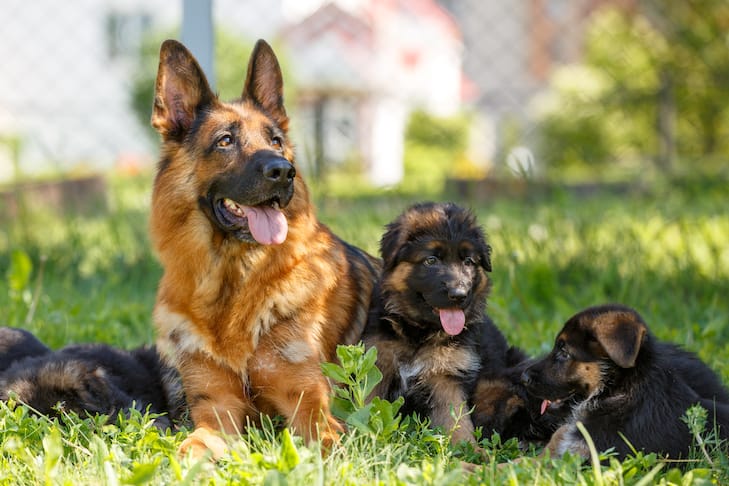
They are rated 5/5 by the AKC in the category.
German Shepherds love their families so much that there are at least 25 ways they show affection to them. I think it’s difficult not to love a dog who offers unconditional affection.
It’s Not The Best With Other Dogs
While German Shepherds may get along with most of their human family members, dogs can prove to be a challenge. It can be more difficult for a German Shepherd to live with another dog. But don’t let this deter you.
German Shepherds have a 3/5 rating on how they get along. This is not to say that they are hostile to other dogs. They are not going to be drawn towards other dogs, but they will seek out social interaction.
Strong Prey Drive
It may be surprising to learn that German Shepherds are a popular family pet and have a strong prey drive.
Predators all have a prey drive. Canines are also considered predators. This is why your German Shepherd may happily chase small animals like rabbits and rodents.
These behaviors are normal for all dogs. The prey drive of German Shepherds is stronger than other breeds.
The German Shepherd’s instinctive prey drive has been accentuated by breeding. These dogs have become so popular that they are used in many jobs, from search and rescue to military work, to help with search and rescue.
Any dog who must use its senses of smell to find anything is required to have a prey drive.
This prey drive is what helps narcotic detection dog continue their search for their quarry for hours. This prey drive motivates search and rescue dogs to keep searching even if they find nothing.
Prey drive is obviously different when your German Shepherd chases down your other dog.
However, this is not to say that German Shepherds will automatically chase down and kill small animals. This is not true. However, the breed’s prey drive and health make it possible.
F.A.Q.
What breed of dog goes well with a German shepherd?
German Shepherds are playful, energetic, friendly, and adaptable dogs who can get along with other dogs of the same size and temperament. The Belgian Malinois. Boxers, other German Shepherds, and Labrador Retriever are some of the most compatible companion dogs.
Do German shepherds get along with small dogs?
One-year-old GSDs can easily inflict injury on small dogs by their overexuberance and rambunctious nature. It all depends on the dog but they should be fine with smaller dogs.
